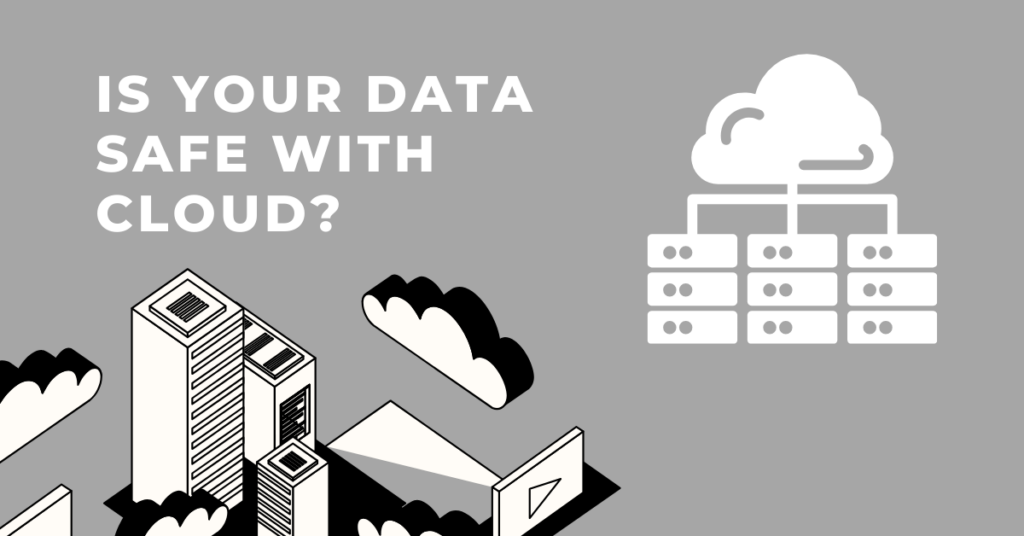
When we save our data on the cloud, the lack of physical control over our cloud-stored data can be a cause for concern. Our sensitive files, irreplaceable photos, and videos reside on servers seemingly out of our reach, raising anxieties about their vulnerability to cyberattacks.
However, it can be safer to entrust our data to reputable cloud service providers, as they offer a higher level of security than what we can achieve with personal computers. Hackers employ cunning tactics like malware and fraudulent emails to infiltrate our devices, potentially seizing control and holding our data hostage through ransomware attacks.
Fortunately, the security measures implemented by large cloud service providers are likely to be far more comprehensive and sophisticated than the safeguards protecting our home computers and devices. These industry leaders invest heavily in robust security protocols designed to thwart even the most determined cybercriminals, providing a level of protection most home users simply cannot replicate on their own.
When we store data in the cloud, it is stored on the servers maintained by the cloud service provider (CSP) we’ve selected. This CSP assumes the critical responsibility of constantly monitoring and actively responding to the ever-present security threats lurking within the vast expanse of their cloud infrastructure
Cloud storage can be safe, but it’s essential to consider various factors to ensure the security of your data. Cloud security refers to safety guidelines, technology, and best practices used to protect sensitive data stored in the cloud from unauthorized access. While cloud providers implement security measures like consistent updates, AI tools, and encryption, there are still risks such as cyber attacks, data loss, loss of data privacy, and unauthorized access to data. To enhance cloud security, it’s crucial to choose reputable cloud storage providers, understand their security measures, and implement strategies like multi-factor authentication and regular password updates. Additionally, being cautious about phishing attempts and fostering awareness among users can further strengthen cloud security. Ultimately, ensuring data encryption, selecting secure cloud services, and being vigilant about privacy can help mitigate risks associated with cloud storage.
This means it’s up to users—whether they’re businesses or individuals using a cloud-based service to follow best practices to protect their data in the event of data leakage or theft.
Consistent security updates
Traditional user negligence, like ignoring security updates, can compromise your device. Cloud storage eliminates this risk, as cloud service providers constantly update their security measures.
AI tools and auto-patching
Cloud providers are leveraging AI to fortify data security. AI fills the gap in human expertise by automating initial security analysis. These AI programs continuously scan for vulnerabilities using built-in algorithms.
Built-in firewalls
Cloud providers utilize firewalls, digital guardians that function like security walls, to safeguard your data. These firewalls, either hardware or software-based, scrutinize incoming network traffic using pre-defined rules. Their purpose is to filter out malicious activity and keep your data secure, making it significantly harder for hackers to bypass the cloud provider’s security measures
Redundancy (ultra-backed-up data)
Access doesn’t have to be interrupted by hardware malfunctions or outages. Redundancy is a technique used by major cloud providers to create multiple copies of your data across geographically scattered data centres. Due to the smooth transition between servers, failsafe access is ensured.
Third-party security testing
To further fortify their defenses, cloud providers regularly engage external security firms to conduct penetration testing of their systems, ensuring they stay ahead of evolving cyber threats.